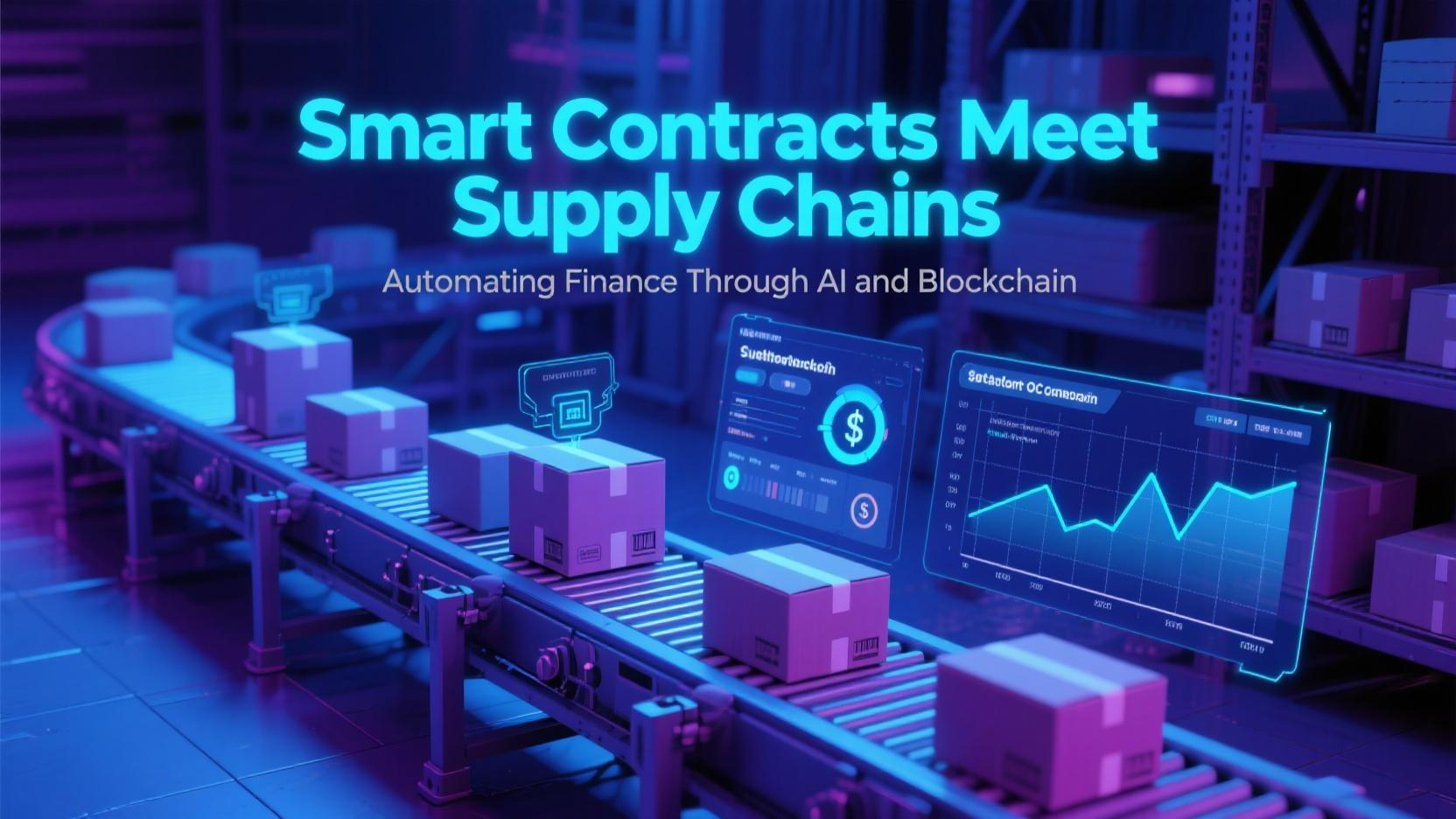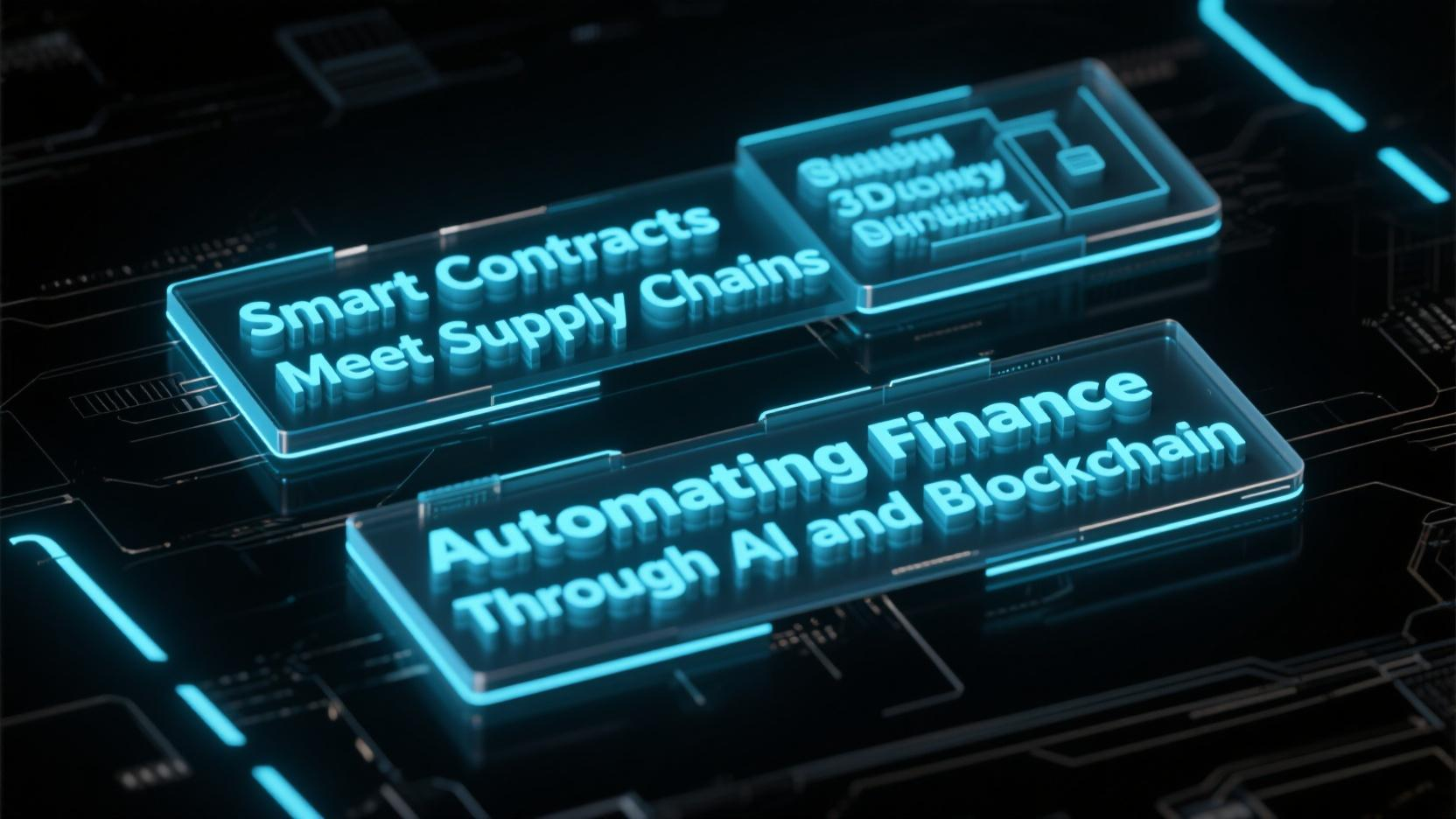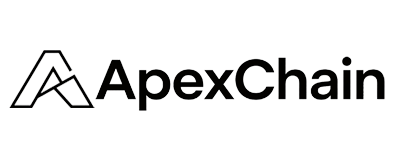From Manual Approval to Autonomous Finance: The Future of Trade Infrastructure
In today’s fast-moving global trade networks, delay is cost. Supplier invoices get lost in email chains, payment cycles stretch weeks, and human errors compound financing risks. But what if the entire financial layer of the supply chain — from credit to payment — could run automatically, based on real-time data?
That’s the vision behind the convergence of blockchain and AI in smart contract-driven supply chain finance.

The Problem: Financial Friction Slows Supply Chains
Even in digitized companies, supplier finance often involves:
Manual invoice verification
Human credit risk decisions
Disconnected ERP systems
This slows working capital flows and keeps smaller suppliers stuck in cash crunches.
Smart Contracts + AI: Autonomous, Data-Driven Finance
Imagine this workflow:
A delivery confirmation is logged by an IoT device.
AI verifies the invoice against real-time inventory data.
A blockchain smart contract automatically releases payment or triggers financing based on pre-agreed rules.
Platforms like ClearX, TradeWindow, and several Ethereum L2 startups are developing AI-powered logic layers that connect ERP, logistics, and banking systems — without human bottlenecks.
Case Study: Autonomous Financing in Chinese Electronics
A Chinese electronics firm piloted a system with:
RFID-tagged shipments
AI-powered document recognition
Smart contracts on a private blockchain
When goods passed through customs, payment was instantly released to suppliers via stablecoin. If delays occurred, a smart contract triggered insurance payouts — all without emails, signatures, or faxes.
“This is not automation for the sake of speed,” said the firm’s CFO. “It’s automation for trust — with real-time data acting as the auditor.”
Benefits and Hurdles
Pros:
Faster liquidity
Fewer disputes
Scalable across geographies

Cons:
Complex integration with legacy systems
AI’s dependence on clean, unbiased data
Smart contract rigidity if not properly designed
Still, early adopters are already seeing 30–50% reductions in invoice-to-cash cycles.
Key Takeaway
The future of supply chain finance is self-executing and self-verifying. With AI and blockchain working in tandem, we’re entering an era where code, not middlemen, moves money — instantly, securely, and globally.
